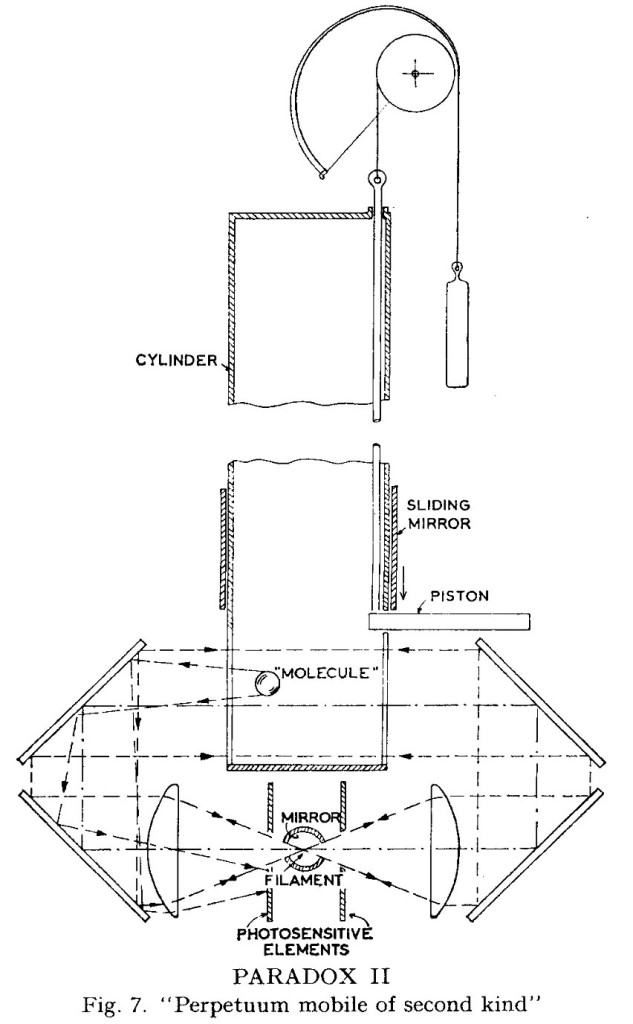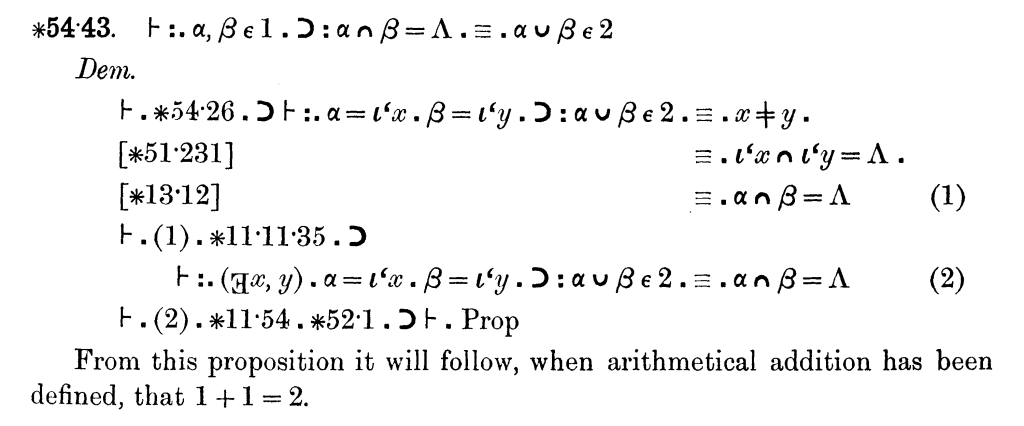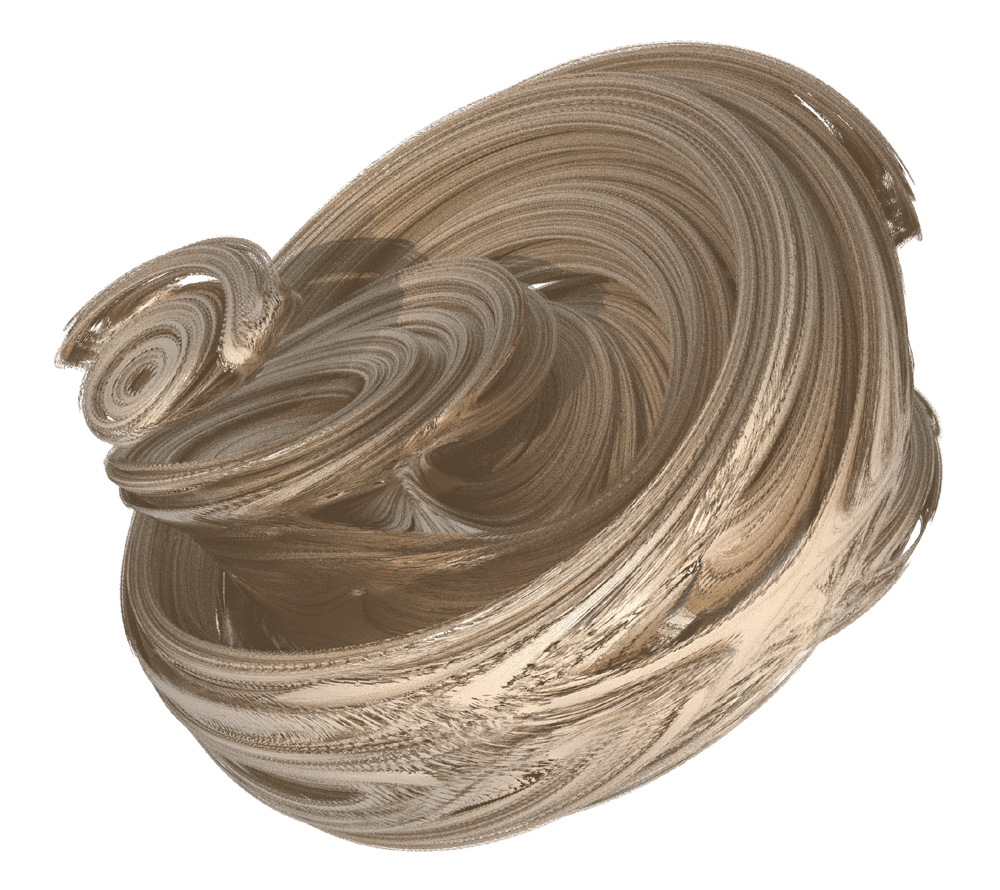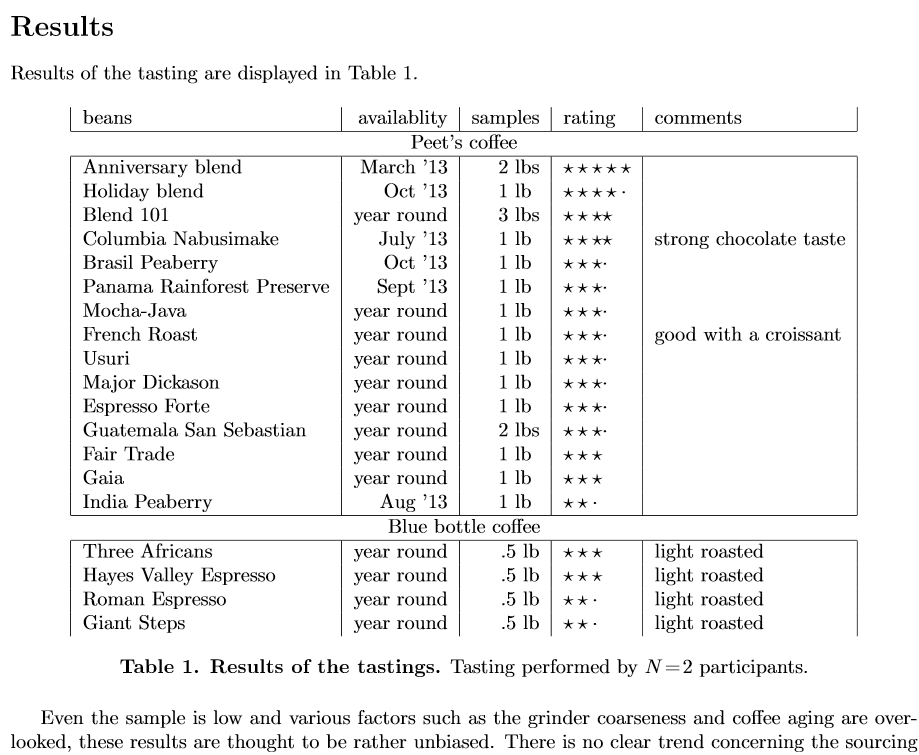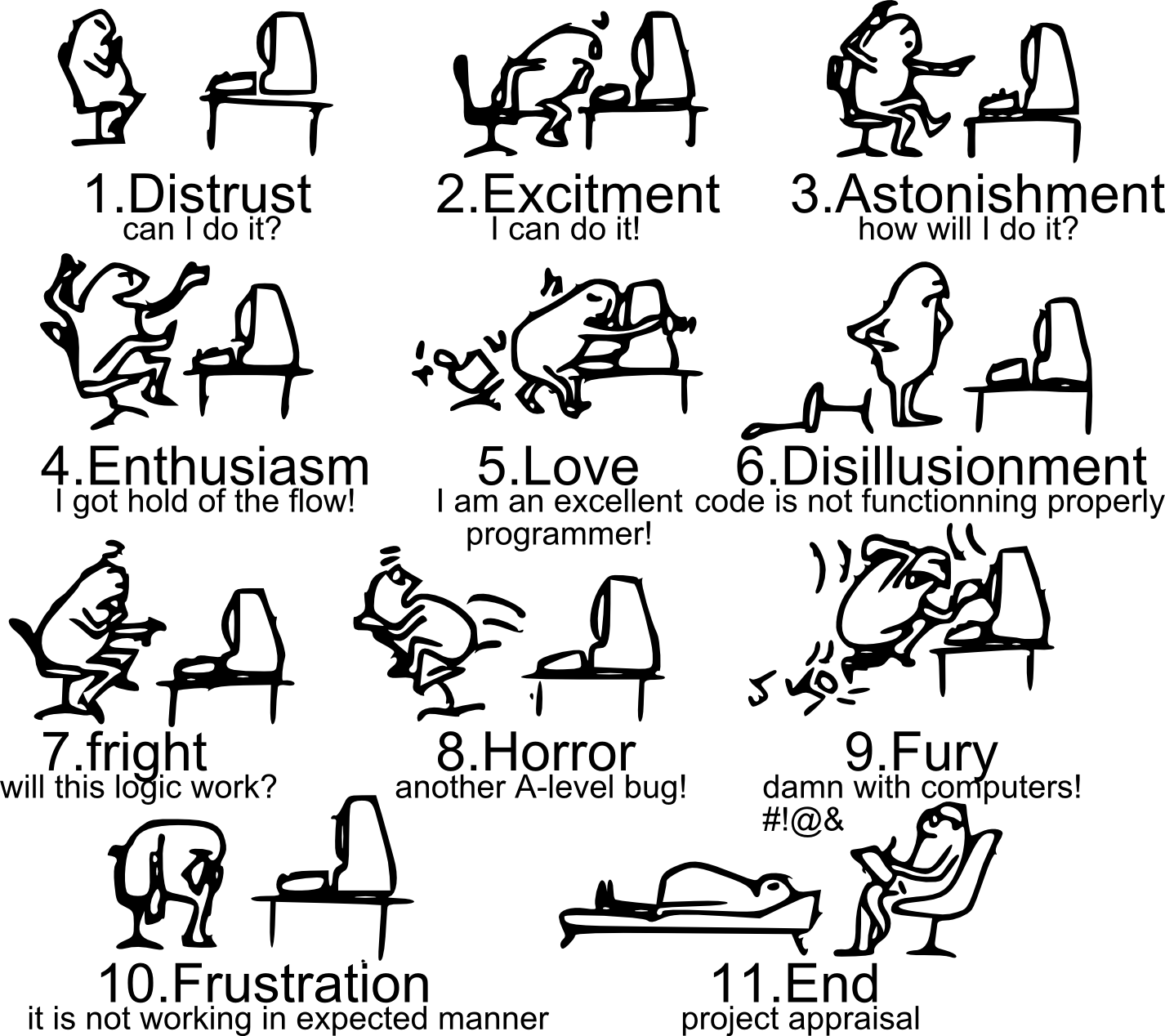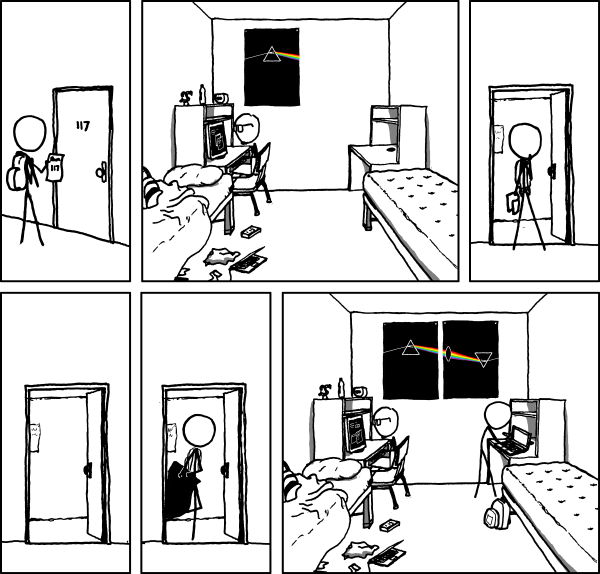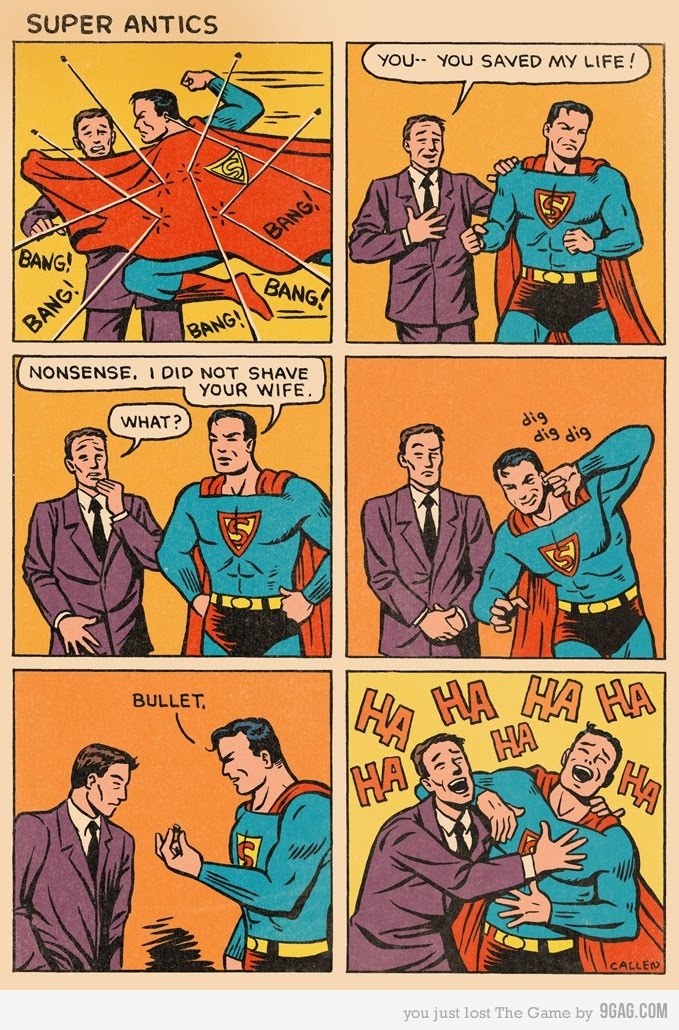Dear reader,
I’ve compiled here, just for you, three old article that I’ve OCRed and revamped a little bit. They are article with a lot of style and insight, that people sometimes cite without ever reading them… mostly because they’re not readily available. That’s the silly situation I wanted to fix.– Enjoy !Zernike – Physica IX, no 7 (1942)
“Phase Contrast, A New Method for the Microscopic Observation of Transparent Object“Gerchberg and Saxton – Optik Vol. 35, No.2 (1972)
“A Practical Algorithm for the Determination of Phase from Image and Diffraction Plane Pictures“Gabor – Progress in Optics Vol. 1 (1951)
“Light and information” (still under revision)Here’s a blissful excerpt from Gabor’s piece :
Light is our most powerful source of information on the physical world. Anthropologists have often emphasized that the privileged position of Man is due as much to his exceptionally perfect eye, as to his large brain. I was much impressed by a remark of Aldous Huxley, that we owe our civilization largely to the fact that vision is an objective sense. An animal with an olfactory sense or with hearing, however well developed, could never have created science. A smell is either good or bad, and even hearing is never entirely neutral; music can convey emotions with an immediateness of which the sober visual arts are incapable. No wonder that the very word “objective” has been appropriated by optics. But on the other hand it is probably the peculiar character of vision which is chiefly responsible for one of the most deep-rooted of scientific prejudices; that the world can be divided into an outer world and into an “objective” observer, who observes “what there is”, without influencing the phenomena in the slightest.
Tukey – Annals of Statistical Mathematics
“The future of data analysis” (1961) — still working on it
“Diffraction theory of the knife-edge test and its improved form“,
translation by Anthony Yen (who went all in by redrawing all the figures !)
— Thanks to Martin Burkhardt for sharing some of these pieces ! Continue reading
